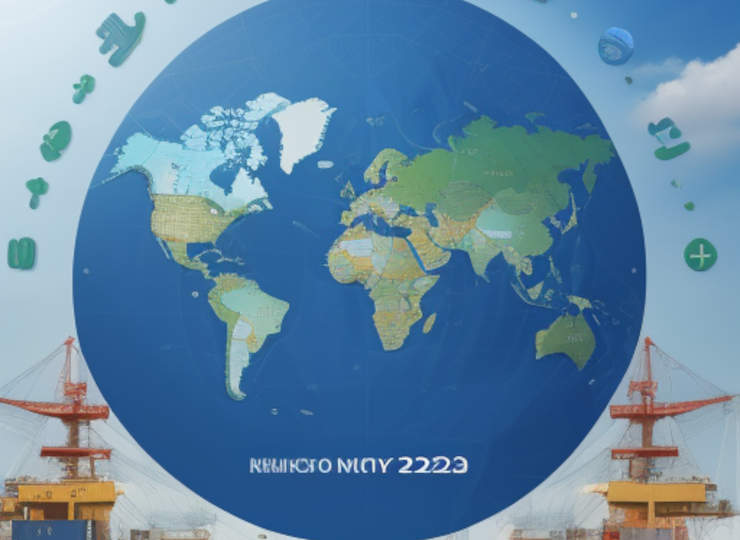文字のサイズ
- 小
- 中
- 大
Ministry of Economy, Trade and Industry: FY2023 Supplementary Subsidy for the Global South Future-oriented Co-creation Project
ECOMMIT and Mizuho Bank Adopt Demonstration Project on International Resource Recycling in Thailand

(ECOMMIT), which is building an infrastructure for the collection, sorting and redistribution of unwanted goods for a recycling-oriented society, and Mizuho Bank, Ltd. have had their demonstration project on international resource circulation in Thailand selected by the Ministry of Economy, Trade and Industry (METI) for the ‘FY2023 Supplementary Subsidy for the Global South Future-oriented Co-creation Project’. The project aims to demonstrate the establishment of a resource circulation model in the Kingdom of Thailand, with a view to building an infrastructure that will enable international resource circulation in the future, including in neighbouring countries such as Japan, Thailand and South-East Asia.
FY2023 supplementary budget for the Global South Future-oriented Co-creation Project (Survey on the Promotion of Overseas Development of Infrastructure by Japanese Companies)
The FY2023 supplementary subsidy for the Global South Future-oriented Co-creation Project aims to utilise the growth potential of the markets of the Global South countries by solving the problems they face, to revitalise domestic industry through the creation of innovations in Japan, and to strengthen economic partnerships with the Global South countries. The subsidy covers part of the costs required for Japanese companies to carry out feasibility studies and small-scale demonstration projects for overseas development of infrastructure, etc., in order to strengthen economic partnerships with the countries of the Global South and to realise benefits for the implementing countries through the implementation of these projects.
Aiming to build an infrastructure that enables international resource recycling, mainly in Asia, a new resource recovery, sorting and shipping base in Thailand will be established, based on the recovery and sorting technology, traceability data and local sales network developed in Japan. The aim is to expand the sales network and increase the volume of goods traded, and to commercialise the business of collecting unwanted goods at the time of moving, which has not yet been introduced in Japan.
While the ASEAN region is a high-volume garment manufacturing area, there are many uncertainties in terms of resource recycling, which is a challenge. Against this backdrop, the Kingdom of Thailand has been promoting initiatives to address environmental issues and has actively adopted various policies to create a recycling-oriented society by formulating a BCG (bio-circular and green) economic model by 2021.
ECOMMIT has secured strong relationships with sales partners in the Kingdom of Thailand and elsewhere through the collection and sorting technology and traceability data for unwanted items that it has developed over the past 17 years, as well as through the export of used garments, etc. ECOMMIT is committed to building infrastructure to enable international resource recycling, particularly in Asia. ECOMMIT is working on the establishment of a new resource collection, sorting and shipping base in the Kingdom of Thailand and the creation of an international resource circulation model for reuse and recycling, with a view to building an infrastructure that will enable international resource circulation with a focus on Asia. The aim is to expand the sales network starting from partners in the Kingdom of Thailand, and in the process, to commercialise the collection of unwanted items from moving house and the establishment of a supply chain to stabilise the supply of raw materials for recycled textiles.
Meanwhile, Mizuho Bank is focusing on supporting overseas expansion as part of its support for the growth of Japanese start-ups. It will support ECOMMIT’s rapid business growth through its entry into the Kingdom of Thailand by utilising its network of influential overseas companies, etc. and its experience in supporting the entry of Japanese companies in countries around the world and in conducting research overseas. We will also accelerate our efforts to build an international resource recycling infrastructure and contribute to the realisation of a decarbonised society by reducing the volume of waste, including clothing.






